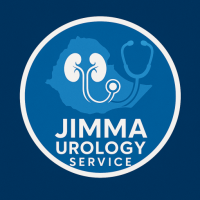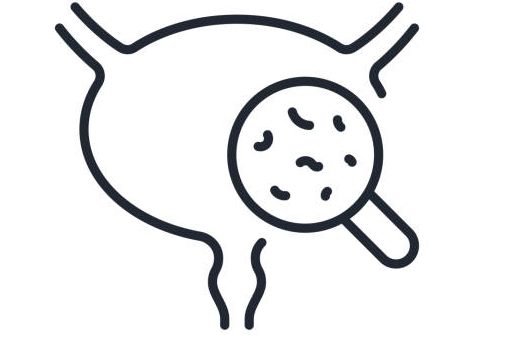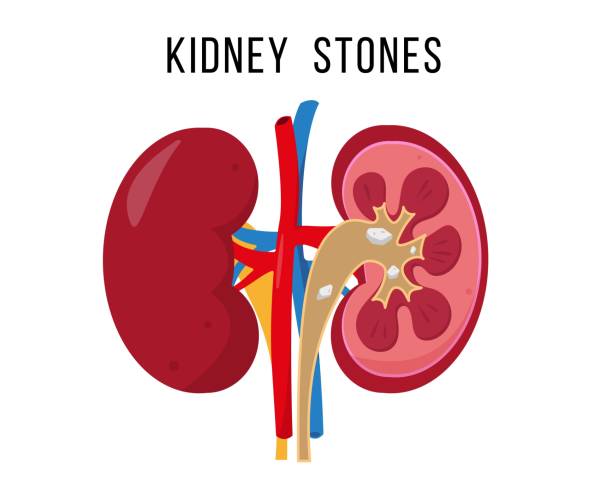Diagnosis and treatment of urinary tract infections (UTIs)
Diagnosis and Treatment of Urinary Tract Infections (UTIs)
A Urinary Tract Infection (UTI) is a common but often painful infection that can affect any part of your urinary system, including the kidneys, bladder, ureters, and urethra. Our clinic provides prompt, accurate diagnosis and effective treatment to get you comfortable and healthy again.
1. Common Symptoms of a UTI
-
Pain or Burning: A burning sensation during urination.
-
Urgency & Frequency: A strong, persistent need to urinate, often passing only small amounts.
-
Pelvic Pain: Pressure or cramping in the lower abdomen or back.
-
Cloudy, Strong-Smelling, or Bloody Urine: Changes in the appearance of urine.
-
Feeling Tired or Shaky: Especially if the infection has reached the kidneys.
2. Our Diagnostic Process
We use quick and reliable methods to confirm a UTI:
-
Urinalysis: A simple test of your urine sample to check for white blood cells, red blood cells, or bacteria.
-
Urine Culture: If needed, this test identifies the specific type of bacteria causing the infection to determine the most effective antibiotic.
-
Ultrasound or CT Scan: Used in complex or recurring cases to check for abnormalities in your urinary tract.
3. Our Treatment Options
Treatment is tailored to the type and severity of your infection.
For Simple UTIs (Most Common):
-
Antibiotics: The first line of defense. Common prescriptions include Nitrofurantoin, Trimethoprim/sulfamethoxazole, or Fosfomycin.
-
Pain Relief Medication: Phenazopyridine (Pyridium) helps numb bladder pain and burning.
For Frequent or Recurrent UTIs:
-
Low-Dose Antibiotics: A longer-term prescription taken daily for 6 months or more.
-
Postcoital Antibiotics: A single dose taken after sexual intercourse.
-
Vaginal Estrogen Therapy: For postmenopausal women, this can help restore the vaginal environment and reduce infection risk.
For Severe Infections (Kidney Infection):
-
Stronger IV Antibiotics: May require a short hospital stay for more intensive treatment.
4. Prevention & Self-Care Tips
-
Hydration is Key: Drink plenty of water daily to flush out bacteria.
-
Urinate Frequently: Don’t hold it in. Urinate before and after sexual activity.
-
Wipe Front to Back: Prevents spreading bacteria from the anal region to the urethra.
-
Cranberry Supplements: May help prevent bacteria from adhering to the bladder wall (consult your doctor first).
-
Avoid Irritants: Reduce use of potentially irritating feminine products, douches, and powders.
5. When to Seek Immediate Care
Contact us urgently or go to the emergency room if you experience:
-
Fever, chills, or nausea/vomiting.
-
Severe back or side pain (a sign of a kidney infection).
-
Confusion (especially in older adults).



